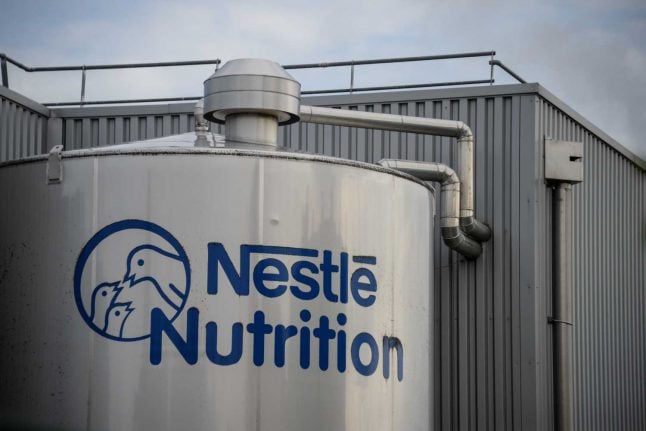Swiss German-language public radio DRS revealed on Tuesday that it had received access to a vast file containing the credit card details, phone numbers, passwords and private addresses of Swiss citizens working for companies which use Stratfor’s services.
The file, thousands of pages long, was one of the documents stolen by Anonymous, a hacking syndicate.
In an online message posted on Sunday, Anonymous derided Stratfor for exposing their clients to the risk of theft by neglecting to encrypt identity data.
Stratfor, which is based in Texas, provides political, economic and military analysis that helps customers reduce their exposure to risk.
According to DRS, about a third of the information stolen, including credit card numbers, is still current and valid. Stratfor has promised to inform customers whose information was stolen by no later than December 28th.
Aside from UBS executives, and employees of private banks such as Julius Bär, or international companies like Nestlé and ABB, Anonymous also stole data belonging to key staff at several Swiss media, such as the foreign news desk at the Neue Zürcher Zeitung, tabloid Blick, Swiss-German public ratio station DRS and national broadcaster SF.
As for the government and army, the hackers were mainly interested in people holding senior positions, such as employees at Swiss embassies and the departments of Defence and Foreign Affairs.
The extent of the theft, which affects many companies and governments around the world, is immense. Hackers claim to have obtained about 2.7 million e-mails, 40,000 passwords and 55,000 credit card numbers.



 Please whitelist us to continue reading.
Please whitelist us to continue reading.
Member comments